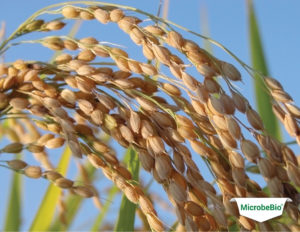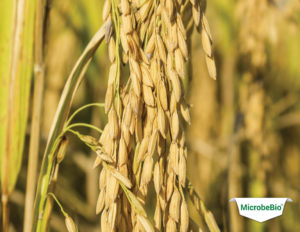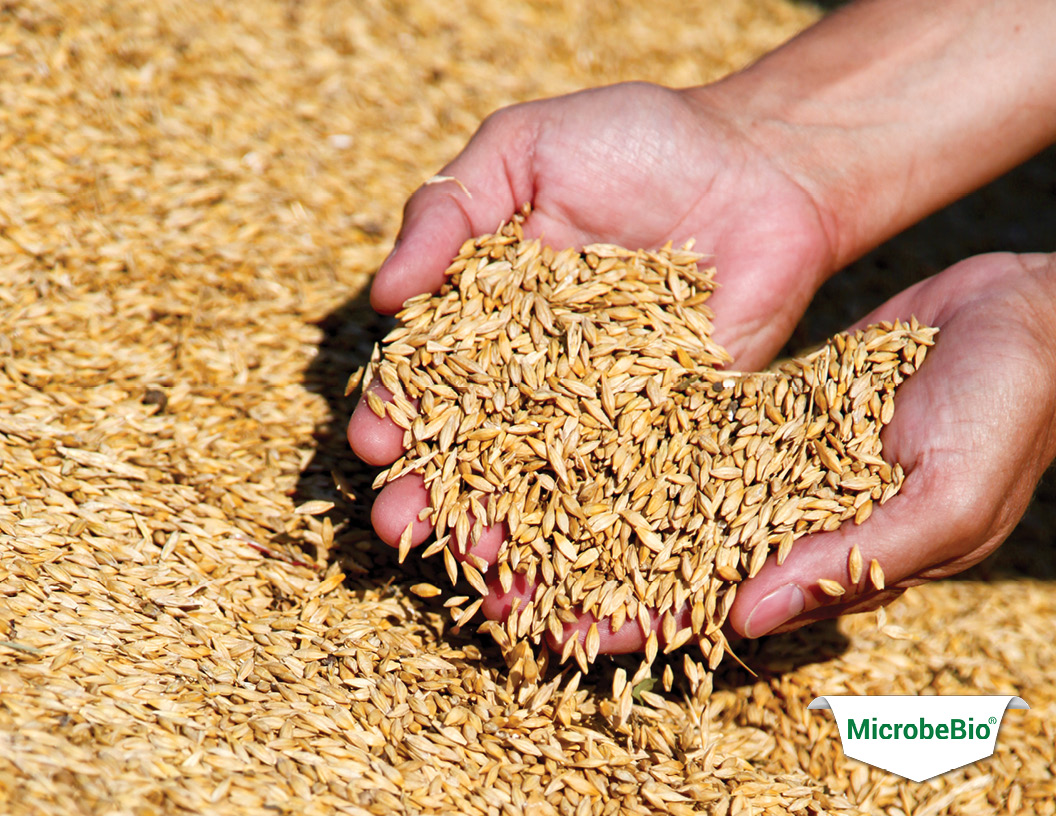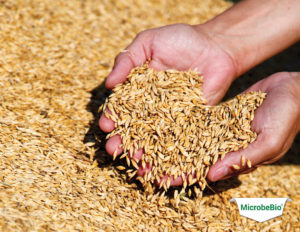Research and development in seed & plant breeding is our main commitment
The science and technology related to the conversation of agricultural seeds and food are crucial to ensure the quality of seeds is improved. The same goes for the plants that are consumed by humans and livestock.
 History has shown us the critical value and importance of seeds in the survival of animals and plants. Scientists have been working hard to ensure that new seeds can be engineered in order to upgrade the yield and to better handle disease, weather, and stress. The last 30 years have shown a 50% increase in productivity for the main agricultural crops.
History has shown us the critical value and importance of seeds in the survival of animals and plants. Scientists have been working hard to ensure that new seeds can be engineered in order to upgrade the yield and to better handle disease, weather, and stress. The last 30 years have shown a 50% increase in productivity for the main agricultural crops.
Now, thanks to the application of biotechnology with advanced molecular biology and genetics, plant breeding is at an all-time high in terms of innovation. The use of genetic engineering ad germplasm as well as the marker-assisted selection has proven to be extremely effective in this process for the Microbebio team.
The following results may be possible:
- More yield on each crop and helps feed the growing population worldwide with special support for developing countries
- Improved levels of nutritional value on the products that come out of each crop
- An improvement in the protection from diseases, herbicides, and insects
- Improved environmental protection due to lower use of pesticides, lower water pollution, soil erosion, and a lower amount of greenhouse gases.
- Healthier foods such as canola and soybeans are ideal for the reduction of trans fats
- Crops with a higher level of resistance to all pests and diseases as well as drought and saline.
Microbebio’s commitment to research & development when coming up with new plans for the benefit of consumers is the reason why we have managed to help the world’s farmers obtain hybrid rice that provides faster growth results with fewer amounts of water needed. It can even grow on seawater and it has a higher level of resistance to pests while optimal nutrition is constantly provided.
It is essential to ensure that high yields also come with more adaptability to environments as is the case with a longer shelf life for heirloom tomatoes or for soy products with more protein. This is all possible thanks to the use of epigenetics in order to figure out how traits are inherited.
The best breeding practices will always help improve the nutritional value, the flavor, the resistance, and the architecture of a plant. This works with plant proteins and helps guide the complexes of methylation in order to ensure that targeted genes are always reached. Tanks to this process, the expression levels are adapted and this results in a plant with many improvements on all possible attributes. This means on-demand traits are expressed without any effects on the genome.
- The improved architecture of the plants enhances shelf life and lower the production of waste
- A vast improvement in disease resistance in order to get a substantial reduction in chemical use
- An expansion in the growth conditions to optimize them for climate resilience
Nutrition:
- Phytonutrients are heavily increased to create more functional foods
- The protein content is increased to give a more outstanding level of nutrition
- The fiber content is enhanced to support more heart-related benefits
Appearance:
- A substantial reduction in browning in order to increase the shelf life of that food
- The improvement of colors in order to cater to preferences in terms of consumers’ demands
- The neutralization of coloring to avoid the need for high amounts of additives and processing
 It is our commitment to helping create a resilient food system that is adaptable in order to provide access to food that is tasteful, nutritious, and available to a large number of people in the world.
It is our commitment to helping create a resilient food system that is adaptable in order to provide access to food that is tasteful, nutritious, and available to a large number of people in the world.

